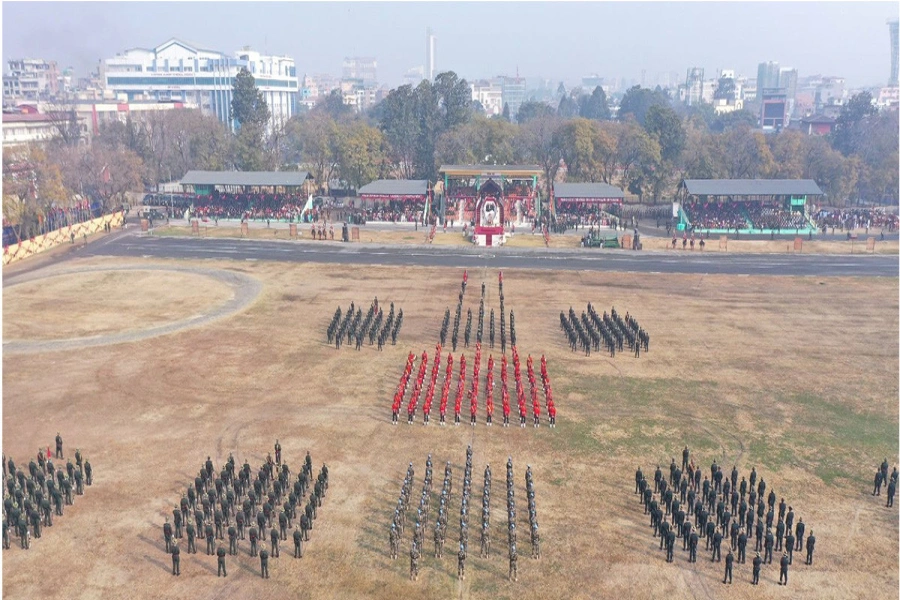KATHMANDU, Aug 22: The Development and Technology Committee of the lower house of parliament endorsed the Advertisement Regulation Bill on Wednesday, proposing up to one year in jail for media owners for advertisement-related offenses. The endorsement comes amid protest from the media fraternity.
Chairperson of the committee Kalyani Khadka said the committee unanimously endorsed the bill, giving a thumbs up to the provisions on punishment for advertisement offences that were put in by the National Assembly. “The committee has unanimously endorsed the bill without making any changes to the punishment-related provisions,” said Khadka. “I will table the committee’s report in the House soon for endorsement.”
Section 25 (2) of the bill proposes up to one year in jail and up to Rs 10,000 as fine or both for media publishers and owners of broadcast companies if their media is found publishing any ‘offensive’ advertisement.
According to Section 5 of the bill, the publication or broadcasting of advertisements that include false information or banned content, that affect fair competition in products and services, expose information that is confidential by law, make comparisons between goods, products and services, or fall foul regarding various other issues could land the owner of the offending media in jail.
ERC sets a limit on how much house owners can charge tenants fo...

According to the bill, editors themselves will not face any action for any advertisement published in media.
Similarly, publication of advertisements that infringe a trademark, patent or design owned by another company, discourage domestic products, affect fair elections, defame labor, or incite gender or caste-based discrimination, among other things, have been defined as offences under the law.
The same section has also stated that promoting the use of banned goods or services, goods and services not authorized for sale in Nepal and medicines to be sold only on doctor’s prescription, or promoting vulgarity and taboos, gambling and unauthorized lotteries are offences liable to a jail term for the media owner, as is posing a threat to peace and security.
The bill originally registered by the government had proposed up to five years jail and Rs 500,000 in fine or both for publishing such advertisements. The upper house had relaxed the legislation following protests from the media sector and proposed one year jail and Rs 10,000 as fine instead. Lawmakers had registered amendments at the lower house demanding removal of any jail sentence for publishing advertisements.
The upper house may demand a joint meeting of both houses of parliament if it finds the revision by the House of Representatives not acceptable.
According to the bill, broadcasting advertisements on certain issues in other than the hours fixed by the Advertisement Board could result in fines of Rs 100,000 for the broadcasting company.
Similarly, publishing and broadcasting advertisements without the identification or address of the advertisers, advertising via email or SMS without prior consent of the receivers, publishing advertisements without keeping a record of advertisers including their authenticity, names and addresses, could result in a Rs 100,000 fine for the media owners.
The bill has proposed an Advertisement Board with powers to regulate advertisements, make policy and distribute government advertising to state-owned and private media.
After revision of the bill by the lower house committee, the much-debated clean feed system will be implemented after a year. Although existing cable operators will get a year’s time to implement clean feed, any cable operators starting their service after implementation of the new law will have to practice clean feed immediately. This policy allows television signal distributors to replace advertisements in foreign television channels with local advertisements, as is the practice in most developed countries.
Reluctant to implement the new policy, Nepali television signal distributors had pressed the government and parliament not to introduce the new system immediately. The government had earlier proposed that clean feed can be implemented after issuing a notice in the Nepal Gazette.



































